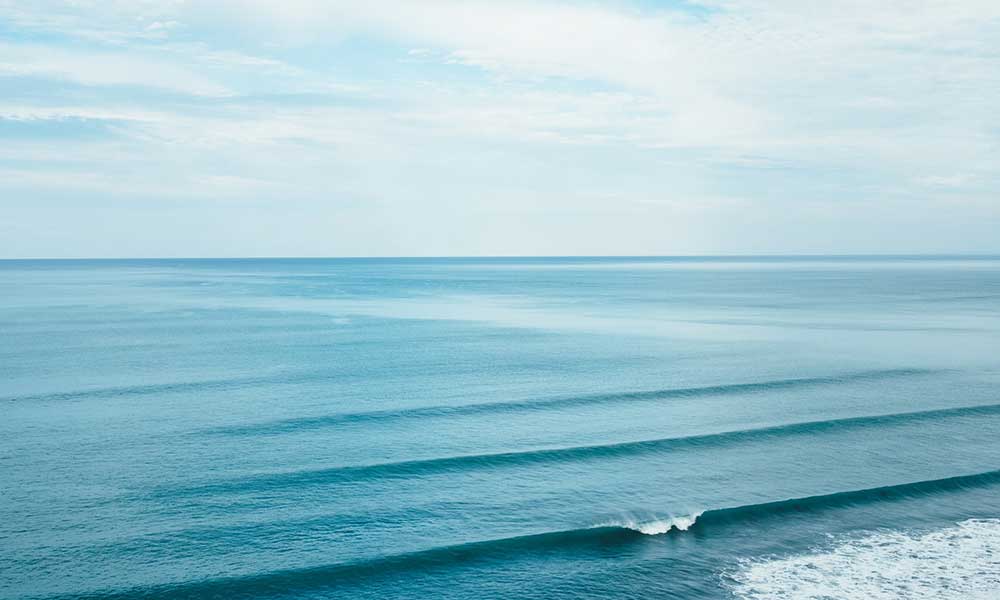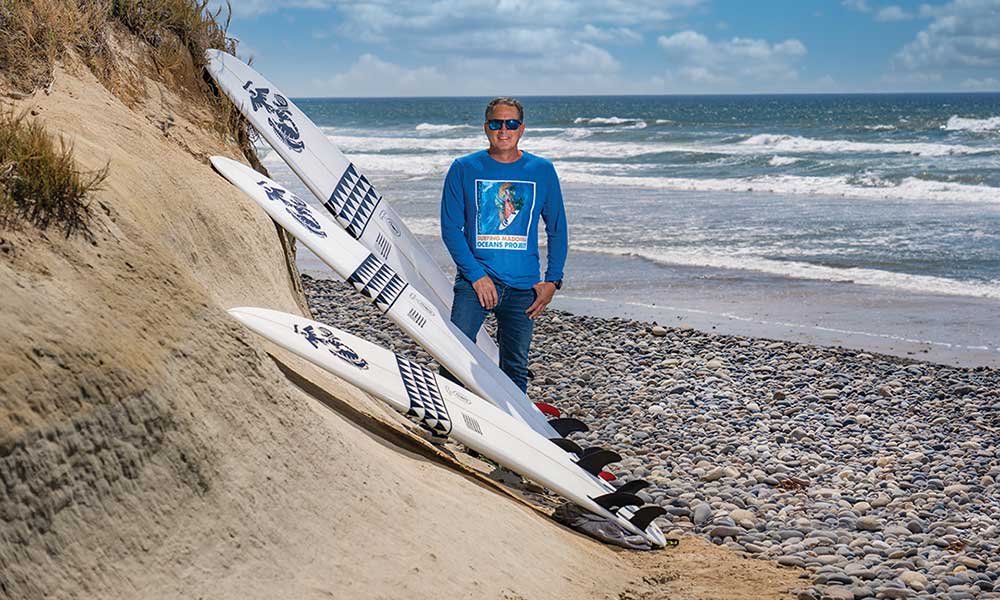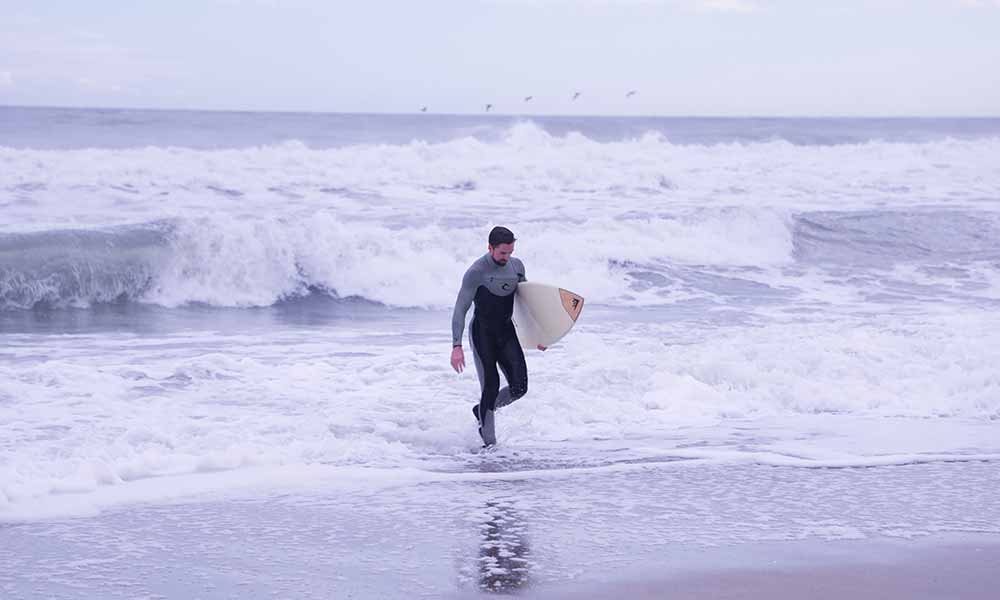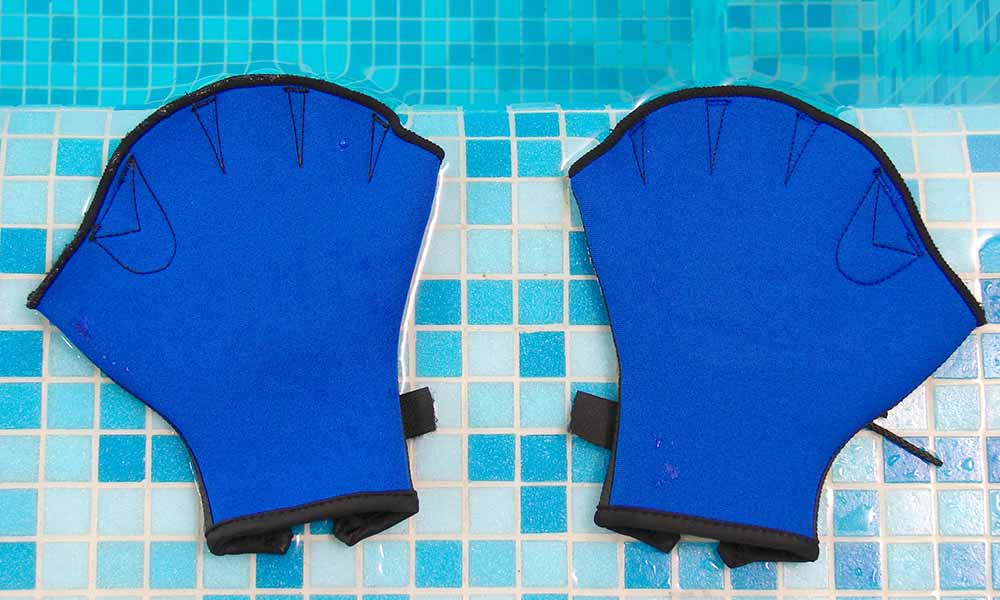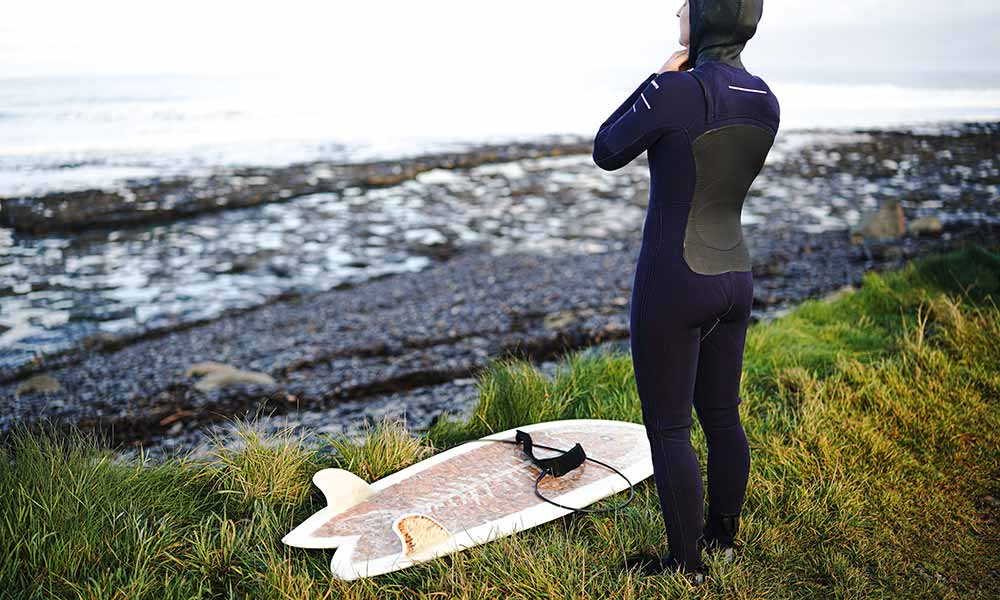The type of wave and the size of the surf will impact your style and approach, so it’s important to know about the many wave types and understand how to handle them.
That’s what we will look at here, as we cover surf breaks and how they should be approached by beginners and experienced surfers.
Reef Breaks
A reef break means that the waves break over a rocky bottom.
They include some of the biggest and gnarliest waves that you can ride and tend to be a little more challenging and dangerous. As a result, these waves are not ideal for inexperienced surfers.
Beach Breaks
Beach breaks are waves that break over sand. The waves change depending on the sandbank and aren’t very consistent, but beach waves are by far the most popular.
Point Breaks
Point breaks are waves that can break over sand or rock. The phenomenon describes a wave that breaks around the shore and not toward it.
Rivermouth Waves
Rivermouth waves are similar to point breaks, as they occur at where the river leaves sand in the sandbar and peel away in a clean and predictable manner.
Mushy Waves
Also known as crumbly waves, these weak waves are very forgiving.
They could be ideal for novice surfers and can be found at surf destinations all over the world.
These waves form when the bottom contour is unusually gradual, and they produce very relaxed surfing waves.
Double-Up Waves
These waves are produced in deeper water and are the result of two waves combining.
As soon as their crests and troughs align, all of that wave energy will combine into a monster wave that even experienced surfers will struggle to handle.
Reform Waves
A reform wave dies down when it hits deep water and then breaks again due to the changing depth at the bottom.
Advanced surfers can kick out of the waves before they reach the deeper waters, and these waves also have a lot to offer novice surfers.
The Different Types of Surfing Waves
As you can see, there are many different types of waves and you can find these at surf spots all over the world.
Whether you’re an inexperienced surfer trying to learn the ropes or an experienced surfer looking for a big challenge, it’s important to do your research, study your chosen surf destinations in advance, and be prepared.

